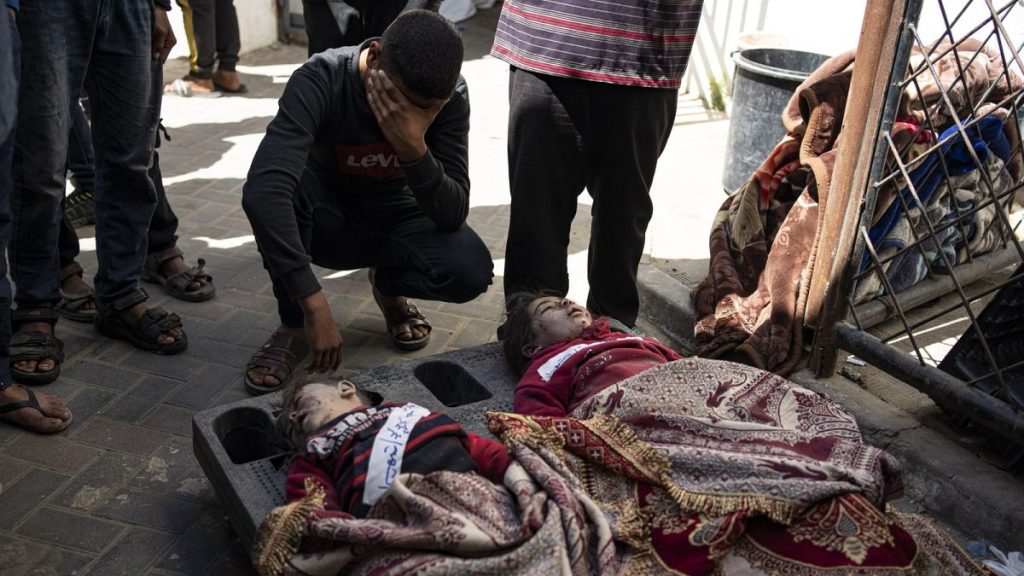Francesca Albanese, the UN’s special rapporteur on Palestine, has called for the European Union to suspend its trade and institutional ties with Israel in response to war crimes and genocide in the Gaza Strip. According to Albanese, Israel’s offensive violates provisions on human rights outlined in the EU-Israel Association Agreement, which should warrant a suspension of the agreement. She argues that the EU has the power to influence Israel through trade partnerships, and that failing to do so perpetuates Israel’s impunity.
An initiative led by the leaders of Ireland and Spain has called on the European Commission to suspend the EU-Israel agreement, but this move faces resistance from other member states concerned about solidarity with Israel. Despite ongoing clashes over a collective stance on the Israel conflict, the EU’s unanimous support is required to halt the agreement. Albanese believes that EU leaders need to take stronger measures against Israel, such as revoking diplomatic recognition and imposing targeted sanctions on government officials.
Albanese emphasizes that the conditions for suspending the EU-Israel Association Agreement existed even before the recent conflict in Gaza, citing Israel’s history of establishing settlements and continuous annexation of Palestinian territories as war crimes. She accuses Israel of subverting international law to provide legal cover for genocide, suggesting that EU leaders must take a stronger stance against these actions. Her report has been criticized by Israel as “obscene,” but Albanese maintains that EU leaders have an obligation to respond.
Spanish MEP Manu Pineda has criticized the EU for allegedly funding military ventures in Israel, which contributes to the country’s military operations. Pineda points out that drone manufacturers receiving funds from the EU’s Horizon Europe project have provided technology to Israel’s armed forces. Despite supposed prohibitions on EU funding for military projects, other Israeli military companies have also received millions of euros for drone development. This raises concerns about the EU’s role in supporting Israel’s offensive actions.
The pressure is mounting on the Biden administration in the US and the German government to stop sending arms to Israel, as the US and Germany are estimated to be the primary suppliers of arms to Israel. Germany, in particular, has faced accusations from Nicaragua in the UN’s court claiming that its arms sales to Israel facilitate crimes of genocide. Germany has denied these charges, but the issue raises questions about the accountability of countries supplying arms to Israel. The increasing scrutiny on arms sales highlights the complexities of international relations and the need for accountability in supporting conflicts.
Overall, the calls for the European Union to suspend its trade and institutional ties with Israel reflect growing concerns about Israel’s actions in the Gaza Strip. Albanese’s recommendations highlight the need for stronger measures to hold Israel accountable for war crimes and alleged genocide. The pressures on the EU and other countries to re-evaluate their support for Israel through trade and arms sales underscore the complexities of international diplomacy and human rights considerations in conflict situations.


